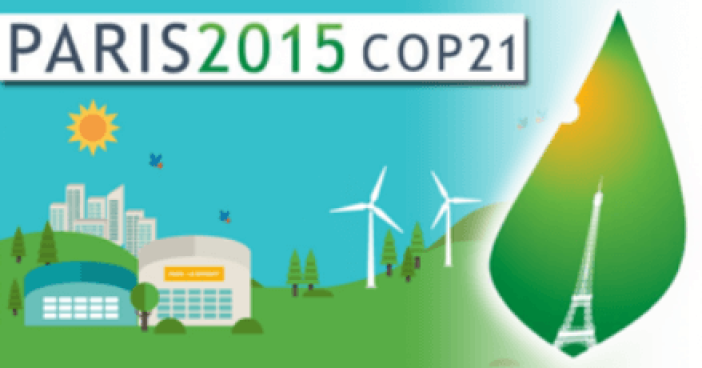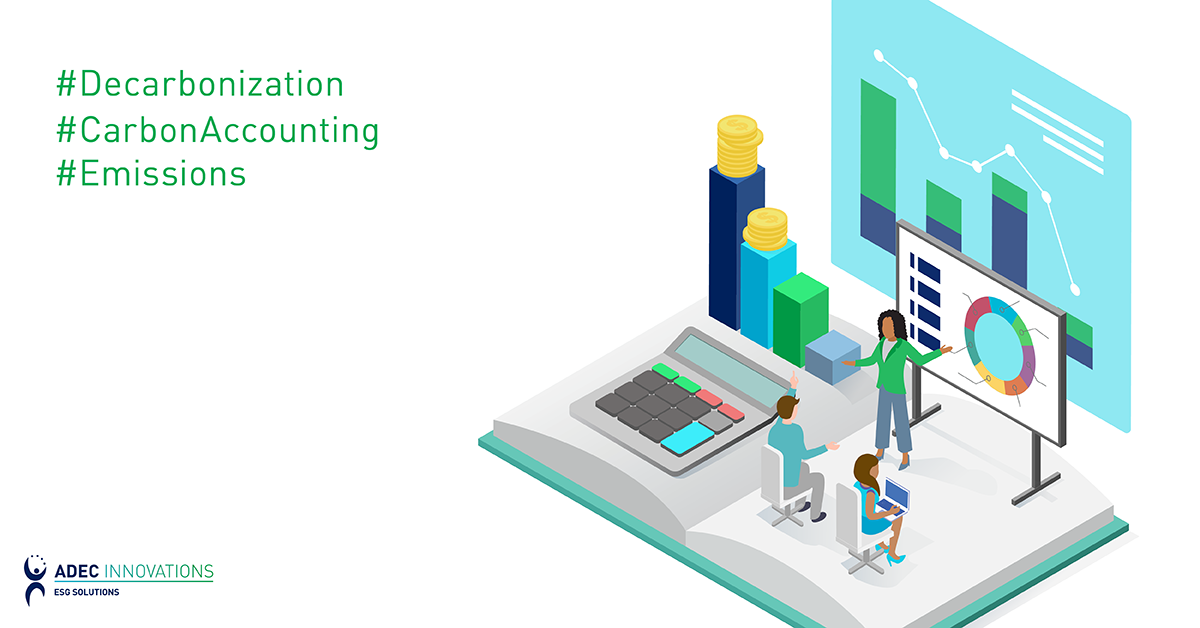COP21 appeared poised to attain this objective. It was attended by 147 heads of state and 40,000 other delegates from government, intergovernmental organizations, UN agencies, Non-Governmental Organizations (NGOs) and civil society. The diverse nature of COP21’s participants seemed to ensure that all stakeholders would be involved in formulating and implementing the provisions of the COP21 agreement.
The COP21 Agreement: An Inclusive Approach to Fighting Climate Change
The COP21 agreement reflects the inclusive nature of the summit. First, all signatory countries are required to peak their respective greenhouse gas (GHG) emissions as soon as possible and then gradually reduce them as the century progresses. Second, all signatory countries are mandated to help keep any increase in global temperature well below 2°C, as well as to help limit any increase in global temperature to 1.5°C. Third, countries’ pledges must be reviewed every five years. Fourth, developed countries are to send developing countries USD 100 billion in climate finance each year from 2020 onwards (the said amount is expected to increase with time).
That the COP21 agreement takes an inclusive approach to fighting climate change makes sense, as climate change is a problem that affects rich and poor nations alike. Moreover, worldwide support and coordination will ensure a greater chance of success for the reforms stipulated in the COP21 agreement.
People or Profits?
COP21 was a well-intentioned attempt to counter climate change; however, critics argued that it treated the symptoms, rather than the root of the problem itself. COP21 addressed the need for an international climate change agreement, but failed to recognize the social, political and economic factors behind climate change. Resolving climate change also involves addressing issues such as joblessness, homelessness, poverty, food security, gender equality and access to health care.
There is speculation that COP21 remained silent on the root causes of climate change because of an inherent conflict of interest — namely sponsorships by companies with questionable sustainability credentials. In addition, some of the world leaders who attended the summit have been responsible for policies that may contribute to climate change.
Other COP21 delegates introduced and promoted important innovations. Microsoft founder Bill Gates introduced the Breakthrough Energy Coalition, an initiative that intends to provide funding to companies engaging in clean energy research (e.g., energy efficiency, transportation, agriculture, etc.). Other personalities behind the Breakthrough Energy Coalition include Amazon founder and CEO Jeff Bezos, Virgin Group founder Richard Branson, and Facebook co-founder Mark Zuckerberg.
The World Bank, along with Germany, Norway, Sweden and Switzerland, unveiled the Transformative Carbon Asset Facility (TCAF), an initiative that aims to limit carbon emissions in developing countries. The TCAF initiative will start in 2016 with a budget of USD 500 million. The World Bank and other creditors will increase this budget by USD 2 billion worth of investments and policy-related lending.
An Inclusive Approach
COP21 started on the right track by adopting an inclusive approach to fighting climate change with the COP21 agreement. Still, there is room for improvement in its chances to win the fight against global warming. The next logical step is to push for more investments in the “green economy” (sustainable energy, agriculture and manufacturing, among others). If both the private and public sectors use the summit’s climate fund to invest in the green economy, carbon emissions, pollution and resource depletion will likely decrease. Investing in the green economy will take time, effort and money, but it is a worthy investment.
ADEC ESG provides expert advice on sustainable supply chains and resource management to help companies and governments around the globe recognize challenges and turn them into opportunities. To stay current with sustainable supply chain news, subscribe to our monthly GreenWatch newsletter.




